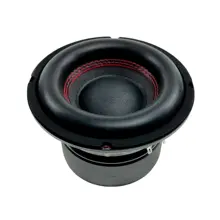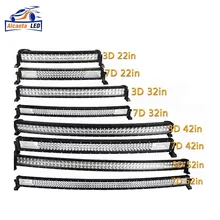Honda Civic Shocks: An Essential Component for Ride Stability
The Honda Civic shock absorbers are critical components in the vehicle's suspension system, designed to absorb and dampen the impact from road irregularities, ensuring a smooth ride. Over time, these shocks endure various stresses, from environmental exposure to the constant demands of uneven road surfaces. The wear on 2006 Honda Civic shocks or those of any other model year, can significantly affect the vehicle's handling and passenger comfort.
Understanding the Types and Functions
There are several types of shock absorbers available for the Honda Civic, including the standard hydraulic shocks and the more advanced monotube designs. Each type caters to different driving conditions and preferences. For instance, 2008 Honda Civic rear shocks are engineered to meet the specific demands of that model year, taking into account the vehicle's weight distribution and chassis design.
Features and Materials of Honda Civic Shock Absorbers
The materials used in Honda Civic rear shocks and front shocks are selected for durability and performance. High-strength steel and robust sealing components are common, ensuring that the shocks can withstand the rigors of daily use. The internal valves, crucial for the damping process, are precision-engineered to provide consistent performance. For example, the 51670 TBA A02 part number denotes a specific shock absorber designed to meet OEM specifications.
Advantages of Regular Replacement
Regular maintenance and timely replacement of Honda Civic struts and shocks are essential. The 2012 Honda Civic shocks replacement, for example, can restore ride quality and improve vehicle stability. Upgrading to new shocks can also reduce the wear on other suspension components, potentially lowering the overall Honda Civic strut replacement cost in the long run.
Choosing the Right Honda Civic Shocks
Selecting the correct shock absorber, such as the 2007 Honda Civic shocks or 2008 Honda Civic rear shock replacement, is crucial for maintaining the vehicle's performance. It's important to consider the specific model year when selecting replacements, as this ensures compatibility and optimal performance. For enhanced driving dynamics, one might consider the 2010 Honda Civic rear shock replacement, which can offer an improved driving experience over worn-out components.
Conclusion
In conclusion, the integrity of Honda Civic front shock absorbers and rear shocks is paramount for the safety and comfort of the driving experience. Whether it's the 06 Honda Civic shocks or those for a newer model, ensuring they are in good condition is essential for any Honda Civic owner. With a variety of options available, drivers can find the right shocks to maintain their vehicle's performance and stability.








































 浙公网安备 33010002000092号
浙公网安备 33010002000092号 浙B2-20120091-4
浙B2-20120091-4